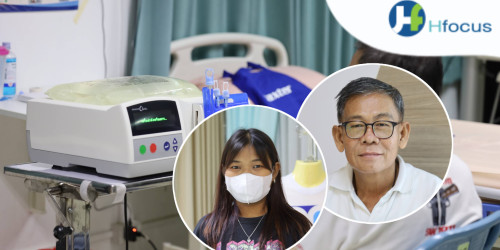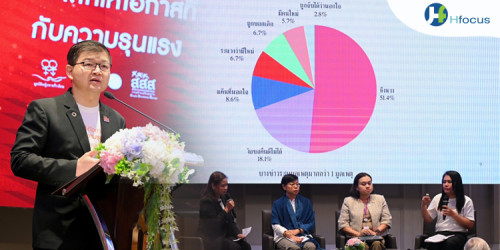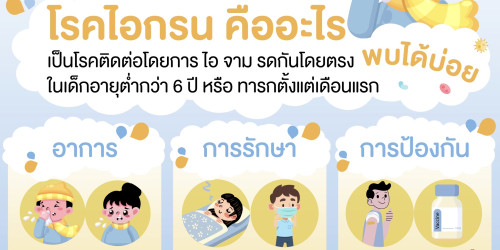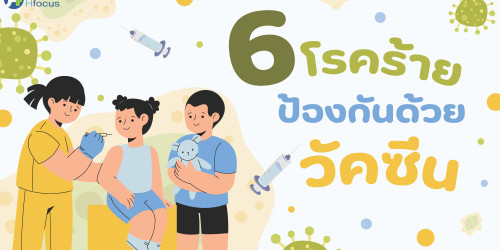Half a million have Aids virus |but numbers adding up every hour; campaigns hamstrung by government indifference. In Thailand, at least one person becomes HIV-positive every hour, joining a million others who have been infected with the Aids virus in the country over the past two decades.
Despite the national campaign launched more than 20 years ago, HIV infections have been growing steadily. The Public Health Ministry estimates that more than a million people have been infected over the past two decades, and only about 464,414 of them are still alive. The key reasons for this increase are that many people still indulge in unsafe sex and not many undergo tests.
In 2011, studies showed that 44 per cent of every 100,000 Thais were infected with sexually transmitted diseases, compared to 29 per cent in 2007. According to Public Health Ministry data, about 62 per cent of those infected with the HIV virus are men who have sex with men, sex workers and drug users. It is estimated that about 80 per cent of new cases are caused by unprotected sex and about 300,000 people have the tendency to be carriers of the virus.
"They never think that they will be at risk if they don't use condoms," said Dr Pornthep Siriwanarangsan, director-general of the Disease Control Department.
In addition to these alarming facts, Thais have been starting to have sex at a very young age. A recent survey on teenage sexual behaviour found that about 20 per cent of girls lose their virginity at the age of 12, while 40 per cent become sexually active at 16.
"This shows that teenagers are at high risk," Pornthep said, adding that eight out of 10 teenagers admit to not using condoms. "This is a reality that we have to accept. Our girls are no longer young virgins. In fact, many get married when they are merely 13."
The Aids Access Foundation reported that between July and September this year, 3,000 of the 4,000 people who called its hotline asked if they were at risk of contracting HIV after having unprotected sex. "They still don't know that they can get infected through a single sexual experience," Nimitr Tian-udom, a representative of the foundation, lamented.
However, improvement is evident among sex workers. Janta-vibha Abhisuk of Empower Foundation, which is working to promote HIV-prevention among sex workers, said the number of infections has reduced. "They now know how to refuse customers if they do not use a condom," she said.
A former bar girl, who wanted to be referred to as Rung, said she had been taught to use condoms every time and had learned to say no to sex outside her workplace.
In 2010, up to 90 per cent of Thai sex workers were found using condoms.
In another effort to win the battle, the government launched a five-year campaign last year named, "Zero new HIV Infections, Zero Discrimination, Zero Aids-relatedDeaths", as part of a move to cut by half the number of HIV infections caused by unsafe sex by half.
As for tackling infections among teenagers, Pornthep said he would launch a campaign urging young girls to carry at least two condoms in their bag so they are always prepared. "They should carry condoms like they would carry toothpicks or their mobile phone," he said.
However, he admitted that taking the campaign to secondary schools would be tough because many parents and teachers think it is inappropriate or embarrassing for young girls to carry condoms.
"Some schools have even stopped us from holding activities to raise awareness among students. They won't even allow us to install a condom-vending machine out of embarrassment," he said.
Despite major government efforts, like distributing more than 60 million condoms, the number of new infections has dropped very negligibly. Nimitr blames this on the government's lack of interest in the subject and inadequate allocation of cash for HIV-prevention. Even simple public messages on safe sex lose their power because the government only allows them to be broadcast after 10pm.
Perhaps, the only day this issue comes to people's attention is on December 1 - World Aids Day. "Our country is in a crisis," Nimitr warned.
In order to be more effective in cutting down the number of new HIV infections, he is calling on the government to start providing rapid HIV blood tests for people in the high-risk group. Currently, it takes at least three days to get blood-test results and many people don't bother returning to hear the results "The earlier people find out about the infection, the earlier they can start being treated," he said.
Source: The Nation November 29, 2012
- 1 view








